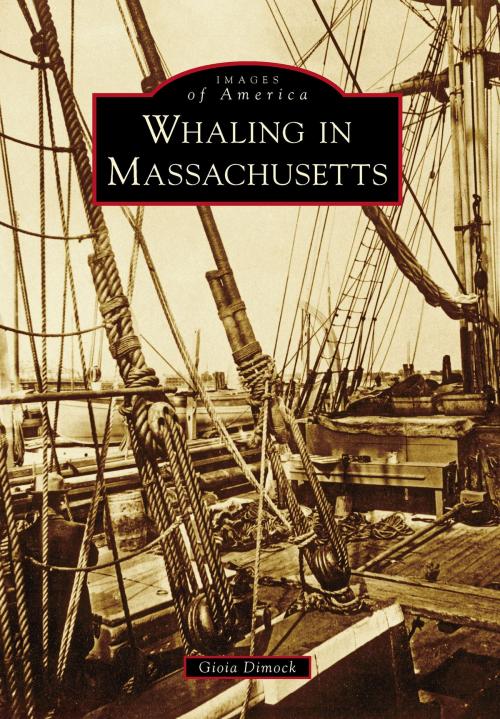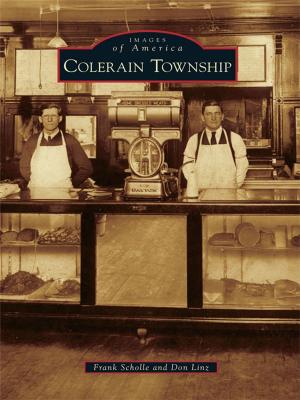Whaling in Massachusetts
Nonfiction, Travel, Pictorials, Sports, Outdoors, Fishing, History, Americas, United States| Author: | Gioia Dimock | ISBN: | 9781439660003 |
| Publisher: | Arcadia Publishing Inc. | Publication: | March 6, 2017 |
| Imprint: | Arcadia Publishing | Language: | English |
| Author: | Gioia Dimock |
| ISBN: | 9781439660003 |
| Publisher: | Arcadia Publishing Inc. |
| Publication: | March 6, 2017 |
| Imprint: | Arcadia Publishing |
| Language: | English |
The popular novel Moby-Dick first spurred young and old alike to romanticize the whaling industry. Author Herman Melville wrote his story based on the exploits of the Essex whaleship, and he documented his travels aboard the Acushnet, which departed from a Massachusetts whaling port. In the early 1700s, Massachusetts residents caught whales from the shore before embarking on offshore voyages for several weeks. Later, these trips would extend over many years, bringing home an average of 1,500 barrels of whale oil and thousands of pounds of whalebone in the 1800s. New Bedford and Nantucket were the founding towns for the whaling industry, but little known are the other Massachusetts towns that sent out whalers, built the ships, and outfitted them. Essex, Mattapoisett, and Falmouth were shipbuilding communities; Fairhaven began as a whaling town but quickly took to outfitting whalers; Gloucester made the yellow slickers that were rubbed with sperm whale oil to waterproof them; and Provincetown and Boston were among the many ports that sent out whaling ships.
The popular novel Moby-Dick first spurred young and old alike to romanticize the whaling industry. Author Herman Melville wrote his story based on the exploits of the Essex whaleship, and he documented his travels aboard the Acushnet, which departed from a Massachusetts whaling port. In the early 1700s, Massachusetts residents caught whales from the shore before embarking on offshore voyages for several weeks. Later, these trips would extend over many years, bringing home an average of 1,500 barrels of whale oil and thousands of pounds of whalebone in the 1800s. New Bedford and Nantucket were the founding towns for the whaling industry, but little known are the other Massachusetts towns that sent out whalers, built the ships, and outfitted them. Essex, Mattapoisett, and Falmouth were shipbuilding communities; Fairhaven began as a whaling town but quickly took to outfitting whalers; Gloucester made the yellow slickers that were rubbed with sperm whale oil to waterproof them; and Provincetown and Boston were among the many ports that sent out whaling ships.















